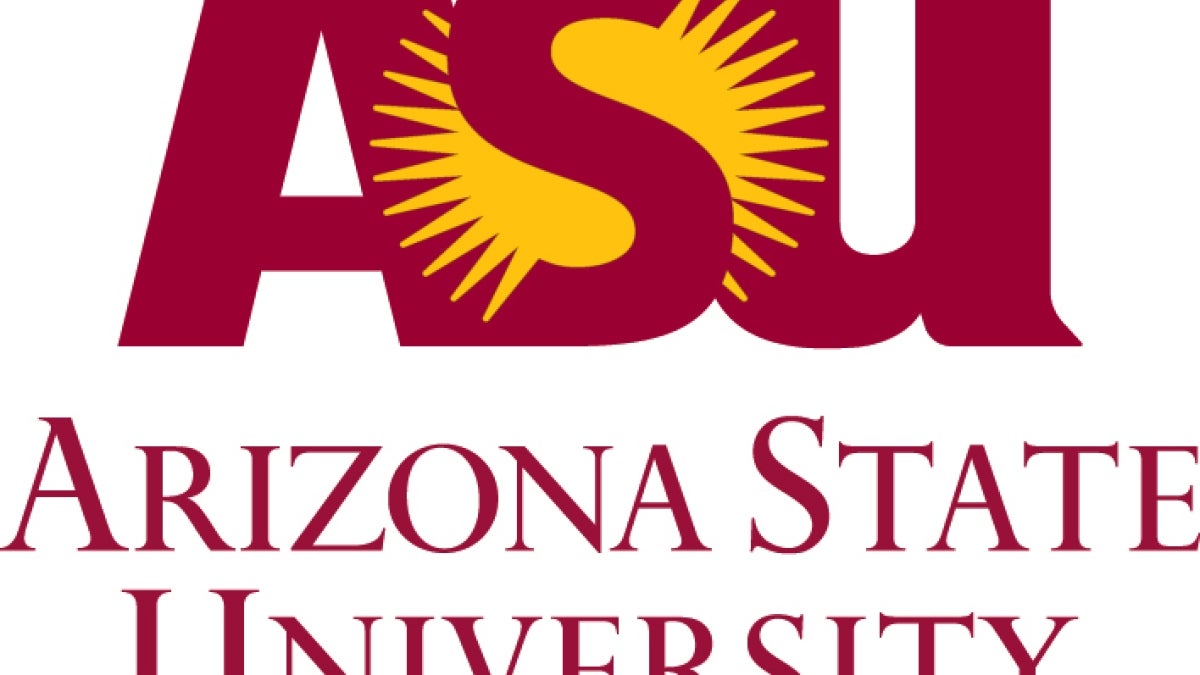Advent Diamond has been awarded a National Science Foundation (NSF) Small Business Innovation Research (SBIR) grant for $225,000 to conduct research and development work on advancing single-crystal diamond diodes capable of operating at high temperature and power.
Advent Diamond's team includes Regents' Professor Robert Nemanich and Anna Zaniewski, an associate instructional professional, both in Arizona State University's Department of Physics.
Diamond's unparalleled electrical, physical and material properties make it suited to operate in harsh environments and capable of handling high voltages, currents and temperature for power processing. Building a diamond diode will be the beginning of Advent Diamond’s development and commercialization of diamond-based electronics. These diamond devices will find applications in a variety of markets that require processing power and high temperature tolerance, including electric vehicles, geothermal/oil & gas drilling, aerospace, power grids, high-frequency radar and communication systems, nuclear, radiation detectors and planetary and space exploration.
“The National Science Foundation supports small businesses with the most innovative, cutting-edge ideas that have the potential to become great commercial successes and make huge societal impacts,” said Barry Johnson, director of the NSF’s division of industrial innovation and partnerships. “We hope that this seed funding will spark solutions to some of the most important challenges of our time across all areas of science and technology.”
“Advent Diamond, Inc. is committed to resolving challenges associated with high power and harsh environment devices with the development of single crystal diamond devices,” said CEO and cofounder Manpuneet Benipal, an ASU alum and former research specialist with ASU's Department of Physics.
Once a small business is awarded a Phase I SBIR grant, it becomes eligible to apply for a Phase II grant (up to $750,000). Small businesses with Phase II grants are eligible to receive up to $500,000 in additional matching funds with qualifying third-party investment or sales.
NSF accepts Phase I proposals from small businesses twice annually in June and December. Small businesses with innovative science and technology solutions and commercial potential are encouraged to apply. All proposals submitted to the NSF SBIR program undergo a rigorous merit-based review process.
The National Science Foundation awards roughly $200 million annually to startups and small businesses through the SBIR/Small Business Technology Transfer (STTR) program, transforming scientific discovery into products and services with commercial and societal impact. The non-dilutive grants support research and development across almost all areas of science and technology helping companies de-risk technology for commercial success. The NSF is an independent federal agency with a budget of about $7 billion that supports fundamental research and education across all fields of science and engineering.
More Science and technology

ASU postdoctoral researcher leads initiative to support graduate student mental health
Olivia Davis had firsthand experience with anxiety and OCD before she entered grad school. Then, during the pandemic and as a…

ASU graduate student researching interplay between family dynamics, ADHD
The symptoms of attention deficit hyperactivity disorder (ADHD) — which include daydreaming, making careless mistakes or taking…

Will this antibiotic work? ASU scientists develop rapid bacterial tests
Bacteria multiply at an astonishing rate, sometimes doubling in number in under four minutes. Imagine a doctor faced with a…
